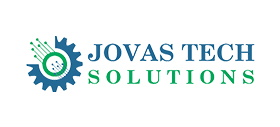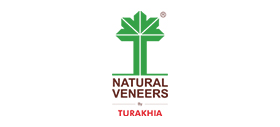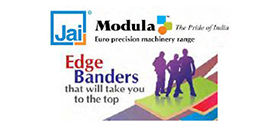Warning: Trying to access array offset on value of type null in /var/www/vhosts/woodnews.in/httpdocs/wiphp/wi_articledetail.php on line 33
Warning: Trying to access array offset on value of type null in /var/www/vhosts/woodnews.in/httpdocs/wiphp/wi_articledetail.php on line 34
Warning: Trying to access array offset on value of type null in /var/www/vhosts/woodnews.in/httpdocs/wiphp/wi_articledetail.php on line 35
Warning: Trying to access array offset on value of type null in /var/www/vhosts/woodnews.in/httpdocs/wiphp/wi_articledetail.php on line 36
Warning: Trying to access array offset on value of type null in /var/www/vhosts/woodnews.in/httpdocs/wiphp/wi_articledetail.php on line 37
Warning: Trying to access array offset on value of type null in /var/www/vhosts/woodnews.in/httpdocs/wiphp/wi_articledetail.php on line 38
Warning: Trying to access array offset on value of type null in /var/www/vhosts/woodnews.in/httpdocs/wiphp/wi_articledetail.php on line 39
Warning: Trying to access array offset on value of type null in /var/www/vhosts/woodnews.in/httpdocs/wiphp/wi_articledetail.php on line 40
Warning: Trying to access array offset on value of type null in /var/www/vhosts/woodnews.in/httpdocs/wiphp/wi_articledetail.php on line 43
Warning: Trying to access array offset on value of type null in /var/www/vhosts/woodnews.in/httpdocs/wiphp/wi_articledetail.php on line 44
No Article Added
Comments

- Biesse India clocks 10,000 machines exported to 75 countries
- Three-day MumbaiWood opens on 27 September
- Homag’s CNC solutions: Made in India, now for the world
- Harnessing Synergies: Mysuru-based Vagh Group’s success mantra
- Wood surfaces found to have anti-viral properties
- Mettlewood: 2X stronger, 6X lighter than steel
- Kleiberit shares expertise in 3-day Bengaluru training workshop
- EUDR impact on India's woodworking industry
- Deurowood: Process chemical specialities and additive specialists for engineered wood application
- Furniture manufacturing on cusp of many revolutions
- Felder plans September events to demonstrate solutions
- Ligna 2025: Registration opens for exhibitors
- HIFF prepped to cover new ground
- Interzum 2025 will focus on bio-based solutions for interiors
- FFSC celebrates 9th Foundation Day with more programmes
- Union Budget: Impetus for manufacturing, skilling
- CIFF Shanghai 2024 opens on 14 September
- Dieffenbacher’s symposium in Heidelberg a hit
- 3-day Furtech show opens in Dubai 10 Sept.
- Events Calendar: industry fairs you must visit
- Window coating blocks UV/IR light
- ‘Red gazelle’ makes window installation easy
- Felder’s solutions for window and door production
- Versatile sliding-folding systems from Hafele
- Door line automation from Woodtech Consultants
- Accutec solutions for uPVC windows
- Jowat’s VOC-free primer for window profile wrapping
- Flexible solutions for doors, windows from SCM
- Tostem introduces Giesta steel doors; calls for dealers
- Folder system by Salice optimises cabinet space
- Turakhia has top-quality veneers for doors
- Mirka has solutions for difficult sanding of doors
- How can you achieve operational excellence?
- When Lamello’s Cabineo became a game changer
- Digital lacquer embossing for flooring from Hymmen
- Weber sanders help achieve luxury surfaces
- Lucknow gem crafted with Canadian wood species
- Exquisite Edo wood joinery from Japan
- Unlocking innovation with Canadian wood species
- New standard set with Selva wood coatings
- High-temperature kilns, low energy impact
- Blum’s Aventos HKi redefines cabinet design
- Container log-loader from Combilift
- ICA’s new bio-based topcoat for outdoor use
- Premium steel press belts for wood-based panels
- Optimus range of world-class machinery
- Richwood’s cost-effective woodworking solutions
- SCM’s Gabbiani CT cell goes robotic
- High-quality panel processing work with Unicol
- Woodtech introduces new multi-purpose edge bander
- Micro-plastics: identifying threat, curbing their spread









































